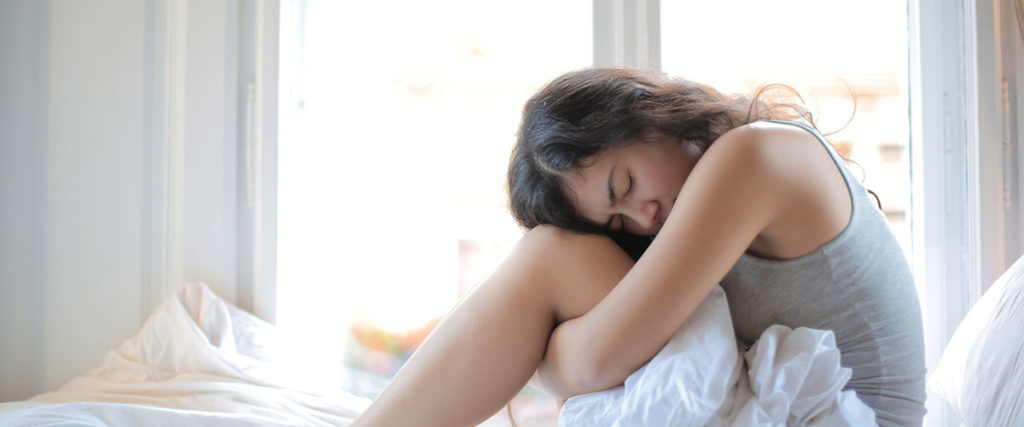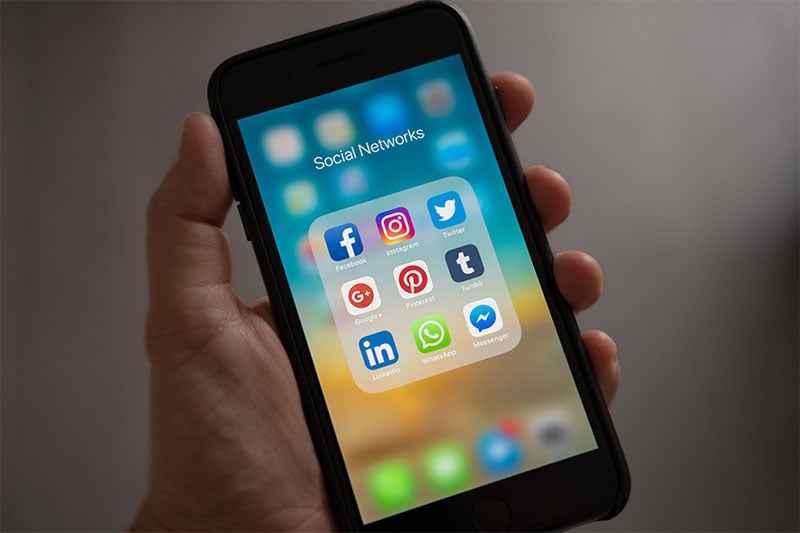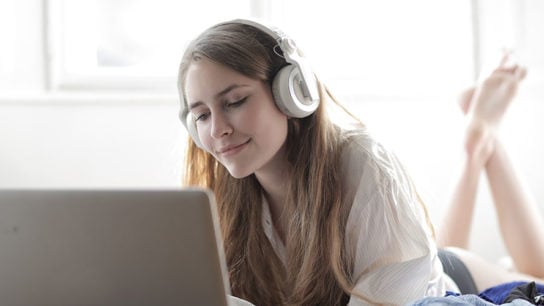Feeling anxious for seemingly no reason? Here are 7 subtle anxiety causes that may be causing stress without you even realising it.
Anxiety is the most common mental illness globally, affecting an estimated 275 million people worldwide. While it’s common to get anxious over certain situations – for instance, if you’re running late to work or are gearing up for a big presentation – some anxiety triggers are subtle and can easily go unnoticed if you’re not careful. We’ve rounded up a list of anxiety triggers that often slip under the radar – how you can manage them.
Caffeine
If you often find yourself reaching for a second cup of coffee, you might want to think twice. While caffeine can give you a much-needed jolt of energy, research has shown that jitters stemming from overconsumption of caffeinated beverages can trigger a fight or flight response, resulting in symptoms such as irritability and restlessness that may be indistinguishable from those of anxiety disorders. As a stimulant, caffeine can be one of the most common anxiety causes, exacerbating existing anxiety disorders, triggering bodily sensations – such as sweaty palms, pounding chest, dizziness – that may lead up to a full-blown panic attack. Finding yourself relying heavily on highly caffeinated beverages? Consider these caffeine alternatives.
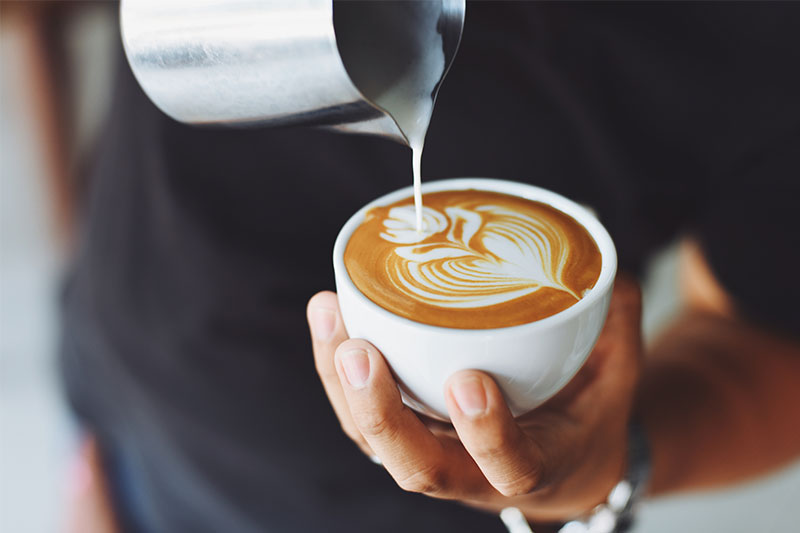
Lack of Exercise
While it can be tempting to laze around, it’s important to incorporate physical activity into your daily life. Exercise helps your body to release endorphins that give you a feeling of happiness and has been known to alleviate anxiety. Being sedentary, on the other hand, can be detrimental to your mental health. Studies have shown that the average adult needs 30 minutes of daily exercise, but don’t worry – you don’t need to hit the gym to be active. Instead, choose a form of physical activity that suits your lifestyle, whether it be going on an early morning hike, going geocaching over the weekend, taking your dog for a walk or even throwing impromptu dance parties with friends! There are also plenty of workout routines that can be done right at home.
Physical Clutter
The environment you create is a reflection of your mindset. According to a 2019 study, physical environments can have a direct influence on your emotions and behaviours. Research from Princeton University further found that individuals experienced decreased performance and increased stress when surrounded by physical clutter. A cluttered environment can translate into a cluttered mind, and may in turn negatively affect your mood, which is why it can be helpful to put extra time into cleaning up your surroundings. Making sure your surroundings stay clutter-free can help to relieve unnecessary tension and can even lead to higher focus and productivity.
Smartphone Apps
A subtle yet significant contributor to a cluttered mental environment is the apps on your phone. A 2017 study found that the average smartphone user has over 80 apps on their phone, yet less than half of these apps are frequently used. Deleting unnecessary apps from your phone can help minimise the distractions you face whenever you unlock your screen, leaving you more room to focus on the more important things in your life. You may also want to consider categorising your apps and keeping only the most important ones on your home screen. With instant access to distractions like social media, it may be helpful to move these time-wasting apps to another page to avoid falling down a rabbit hole every time you check your phone. Here are some other ways to detox digitally.
Social Media
Nowadays, our smartphones offer instant access to distractions like social media. Constant notifications can make it tempting for you to repeatedly reach for your phone, taking up hours of your time as you mindlessly refresh your Instagram page or scroll through your Facebook timeline for the twentieth time that hour. It’ll come as no surprise that too much screentime can be one of the biggest anxiety causes – and is detrimental to your physical and mental health. A UK study found that those who rely heavily on social media often end up negatively comparing themselves to others, and may find it stressful to disconnect, with many even experiencing insomnia. Cutting down on screentime can help you to destress and unwind, improving mental awareness and leading to better productivity in the long run.
Social Isolation
Loneliness and social isolation are often both a cause and a symptom of anxiety. While it’s important to take some time alone to rest and recover, isolating yourself from others during stressful times can actually aggravate your overall anxiety levels. Humans are social creatures by nature – having strong connections with others has been proven to alleviate symptoms of depression and anxiety and, according to a study by Harvard Health, even helps to boost physical health and increase longevity. Conversely, social isolation has been linked to illness and premature death, sharing the same level of risk as obesity, high blood pressure, and smoking. Spending quality time with others, whether it be in person or through a screen, is a simple yet effective way of relieving stress.
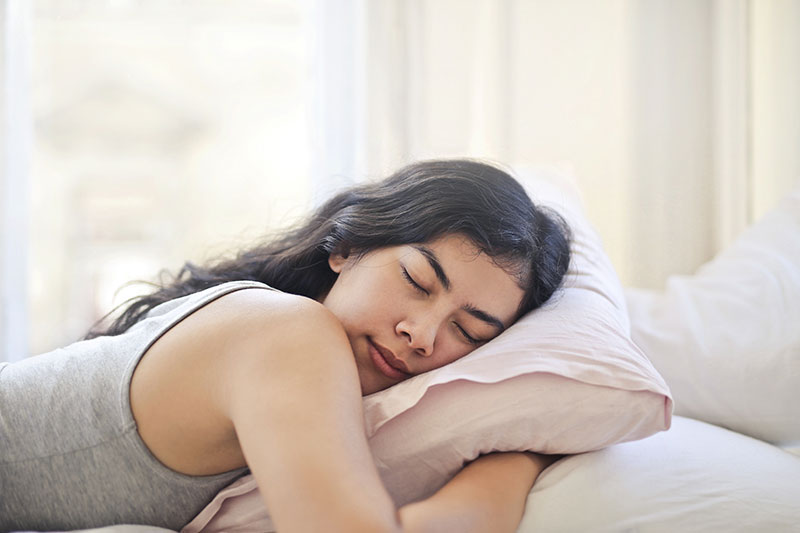
Inadequate Sleep
While going to sleep makes up the last part of your day, it’s certainly not the least. Among the most common anxiety causes, sleep and anxiety are inextricably linked in an endless cycle; studies show that stress and anxiety may cause sleeping problems or worsen existing problems – and having an anxiety disorder can further exacerbate the problem. Getting adequate sleep is vital to our overall health and well-being and can lead to improvements in mental health. Often hailed as a fundamental part of self-care, developing healthy sleep habits can help refresh and energise you for the day, so make sure you’re getting enough rest – experts recommend 7 to 9 hours of sleep per day. Feeling restless? Try these apps and podcasts to help you doze off.
Related Articles
6 Things You Didn’t Know About Anxiety
